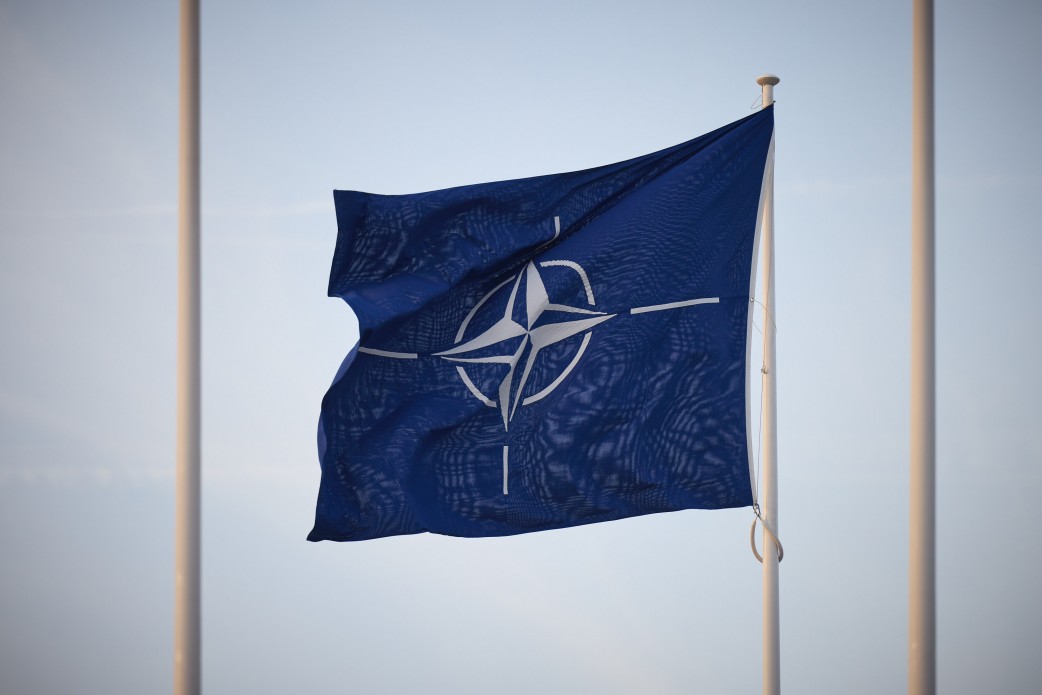The Russians deliberately strike civilians with "deadly" short-range FPV drones, and the number of such incidents has increased over the past year.
This is stated in a report by the UN Human Rights Monitoring Mission in Ukraine.
The use of such drones in frontline areas of Ukraine has intensified over the last year due to technological advances and increased production rates, the report emphasizes.
“…These drones have emerged as a leading cause of civilian death and injury in Ukraine, and in some months, even surpassed more powerful weapons like missiles, artillery, and aerial bombs. The vast majority of the casualties occurred as a result of Russian attacks in territory controlled by the Government of Ukraine,” the report states.
It highlights that these FPV drones are equipped with cameras allowing operators to select specific targets, including moving vehicles, and attack them with exceptional precision.
However, Russian operators have used this weapon against civilians who showed no signs of direct involvement in hostilities, the UN stressed.
“Documented casualties include civilians on bicycles, in private cars, on regular public buses, in ambulances, while delivering humanitarian aid or conducting evacuations, walking outdoors, and outside on their residential property,” the report says.
The UN mission documented and analyzed these attacks and concluded that “some incidents may amount to intentional attacks against civilians, which constitute war crimes.”
“In addition to causing death and injury, the attacks have exacerbated an already critical humanitarian situation. Government workers, healthcare personnel, staff of nongovernmental organizations (NGOs) providing assistance, and residents have been unable to safely pass through affected villages, meaning civilians could not access essential services, humanitarian aid, and medical care,” the report notes.
The mission emphasized that this has impacted a wide range of human rights, including the right to life, food, adequate living standards, and health care, with elderly people and persons with disabilities disproportionately affected, as they tend to remain in frontline areas.
“Robust measures are needed to protect civilians in frontline areas. Deliberate targeting of civilians by short-range drones must cease. Violations of IHL should be investigated, and those responsible held to account,” the report concludes.




















